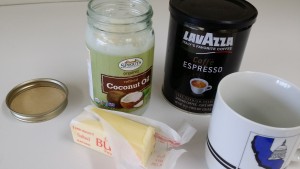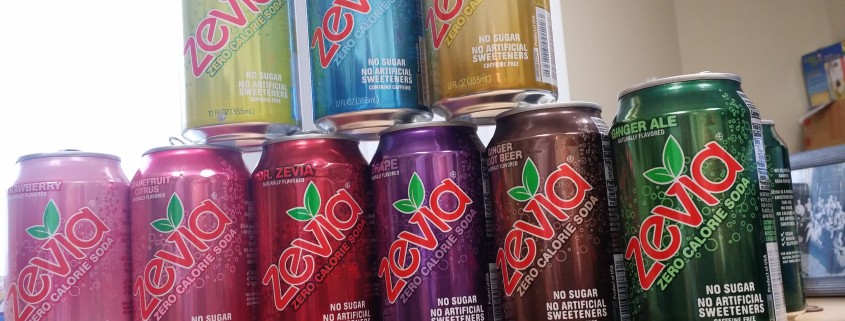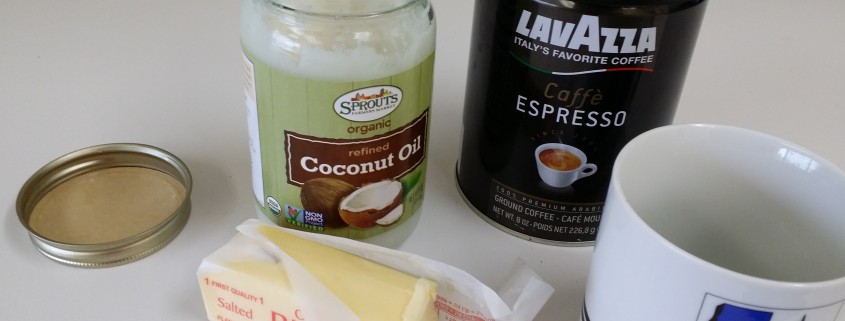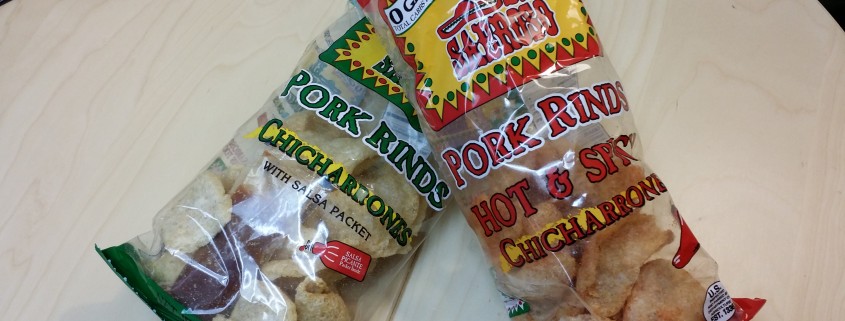Diet Soda on Keto diet
Can I drink diet soft drinks while I’m doing a low-carb or keto diet? It’s a big question.
In general, I say, Yes, absolutely! There are, of course, some early studies which describe an effect on the microbes in your digestive system whendrinking artificially sweetened soda. And those studies may prove important; we are just beginning to understand how bacteria in our gut affects our diet.
But, that said, don’t worry about those studies. No researcher denies that sugared soda raises your blood sugar and insulin levels in a crazy way that diet sodas do not. At all. Forget it.
For people who are switching from sugared sodas, or people, like me, who get tired of water all day, diet soft drinks are a nice treat, with few drawbacks.
If you want to stay as natural as you can with sweeteners, you can try a Stevia-sweetened drinks, like the soda in this picture: Zevia.
Stevia is a “natural” sweetener which doesn’t raise your insulin levels or cause a glucose response, and Zevia has a whole rainbow of flavors.
I just drank a case of these, which – full disclosure – Zevia sent me because I’m obviously a soda expert, but I really liked a few of the flavors. I saw them for sale at my local Sprouts supermarket, and I plan to mix them in with my coffee and water at the office.
How to eat keto at a food truck
So, here’s an example of how to do a low-carb lunch, eating out. In this case, this afternoon, the restaurant was a food truck.
Order a foot-long Polish sausage, apply a bit of mayonnaise and a slice or three of jalapeno, and then don’t eat the bun.
It tasted real good. I was full and satisfied. Homemade mayonnaise usually doesn’t have sugar in it, but store-bought has some. Still, as condiments go, it’s mainly fat and protein.
Mustard works, too. Keep it enjoyable and you’ll keep it going.
I think the food truck guy saw it as a waste of a perfectly-toasted bun.
Another keto tune-up. Join in!
Started another keto tune-up today: Had buttered coffee for breakfast, ham and liver pate for lunch, and am planning on just having a burger for dinner. Also made sure to eat plenty of butter and coconut oil in my coffee all day, to get my body as quickly into ketosis as possible. I’ll measure my ketosis level with my ketostix tonight and in the morning and see how long it takes for ketosis to start after eliminating carbs.
It is possible to maintain ketosis while eating carbs, especially the green leafy variety, but it’s easier for me to start ketosis by going zero carb for about two days.
Why am I doing it? A health tune-up, that’s all. The human body is meant to work in ketosis part of the time, and that’s what I do. Keeps insulin resistance down, weight under control, blood pressure low, and fights disease.
Salt May Not Affect Heart Risks
 Check out this article in the New York Times, upending one of the biggest dietary ideas of our time: that you need to limit salt to treat your high blood pressure. Turns out, not so much.
Check out this article in the New York Times, upending one of the biggest dietary ideas of our time: that you need to limit salt to treat your high blood pressure. Turns out, not so much.
Ironically, you actually treat high blood pressure by reducing sugars, and grains. Oops.
By NICHOLAS BAKALAR JANUARY 26, 2015 5:45 AM
A new study suggests that dietary salt may have little or no effect on the risk for heart disease in older adults.
The study, in JAMA Internal Medicine, included 2,642 people, average age 74. Half the participants were women, 62 percent were white and 38 percent were African-American. All were free of heart disease at the start of the study, and researchers followed them for 10 years. They used dietary questionnaires to estimate sodium intake.
The researchers adjusted for sex, race, body mass index and more than two dozen other health and behavioral characteristics. Over a range of sodium intake from less than 1,500 milligrams a day to more than 2,300 (about a teaspoon), there was no significant difference in risk for cardiovascular disease, heart failure or death.
The lead author, Dr. Andreas P. Kalogeropoulos, an assistant professor of medicine at Emory University, acknowledged that estimates of salt intake were based on self-reports, which are not always reliable.
Current guidelines call for sodium intake of less than 1,500 milligrams a day for people older than 51. Dr. Kalogeropoulos said he saw no reason to raise the number.
“We need more prospective evidence in a clinical trial before moving in that direction for older adults,” he said. “By no means are our findings a license to consume more salt.”
Coffee May Cut Melanoma Risk
 By NICHOLAS BAKALAR JANUARY 22, 2015 5:30 AM
By NICHOLAS BAKALAR JANUARY 22, 2015 5:30 AM
Drinking coffee is associated with a slightly reduced risk for skin cancer, a new study has found.
Researchers used health and dietary data on 447,357 non-Hispanic whites ages 50 to 71 who were cancer free at the start of the study and followed them for an average of 10 years. Over the course of the study, the researchers identified 2,904 cases of melanoma, the most serious kind of skin cancer.
The more coffee consumed, the lower the risk. Drinking four or more cups of coffee was associated with a 20 percent risk reduction compared with those who drank none. The association did not hold for decaffeinated coffee or for melanoma in situ, melanoma in its earliest stages that affects only the top layer of skin.
While the results may be encouraging for coffee drinkers, “they do not indicate that anyone should change their coffee drinking preferences,” said the lead author, Erikka Loftfield, a graduate student at the Yale School of Public Health. “The most important thing a person can do to reduce risk is to reduce sun and ultraviolet light exposure.”
The study, in the Journal of the National Cancer Institute, controlled for age, sex, education, smoking, physical activity, alcohol consumption and other health, behavioral and genetic factors, but the authors acknowledge that other unknown variables might help explain the association.
New Artificial Sweetener Study No Excuse to Resume Drinking Full-Calorie Soda
 Statement of CSPI Senior Scientist Lisa Lefferts
Statement of CSPI Senior Scientist Lisa Lefferts
September 17, 2014
Intriguing findings in a paper published in Nature raise serious questions about the effect of saccharin and possibly other artificial sweeteners on the microbial world inside our digestive tracts and the resulting impact on blood sugar and metabolism. What these chemicals do in our gut deserves further study. But consumers already have ample reason to avoid saccharin and aspartame, and reason to be cautious about sucralose, primarily because of evidence from animal studies that they may cause cancer.
However, it would be a mistake to conclude that diet sodas are worse than drinks sweetened with sugar or high-fructose corn syrup, and no diet-soda drinker should interpret the new study as license to switch to regular soda. The study does not overturn the best studies that show that people who drink diet soda don’t have a higher risk of type 2 diabetes (unlike people who drink regular soda), and that people are more likely to gain weight on sugar-sweetened than diet beverages. These risks from sugar drinks far out-weigh the new concerns raised today about artificial sweeteners.





